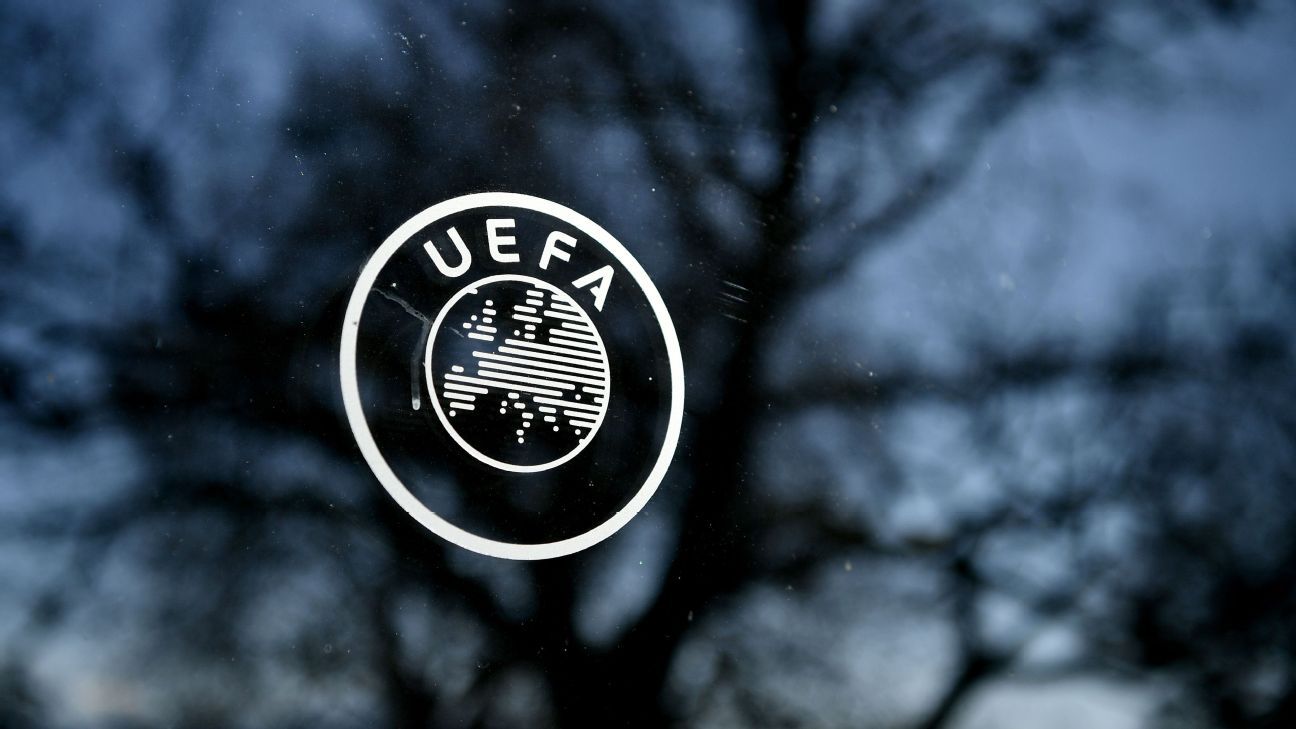
The GB international runner tested positive for a metabolite of cocaine in 2019
British international runner Luke Traynor has been banned for two years for an anti-doping rule violation following his positive test for cocaine metabolite benzoylecgonine in 2019.
The 26-year-old was provisionally suspended last July and issued a statement at that time saying he made “an incredibly stupid and uncharacteristic mistake”.
He added: “I am sorry to my family, friends, coaches, sponsors and anybody who has supported my progress at any stage of my career. I want to make it completely clear that my violation was in no relation to sport or enhancing performance. This happened as a one-off and in a purely social situation with a drug I should never had taken.”
READ MORE: Luke Traynor suspended after positive test for recreational drug
Announcing Traynor’s ban on Tuesday (June 23), UK Anti-Doping (UKAD) said: “UKAD collected a urine sample from Mr Traynor in-competition at the Vitality London 10k race on 27 May 2019. Analysis of Mr Traynor’s A sample returned an adverse analytical finding (AAF) for cocaine metabolite benzoylecgonine.
“Cocaine is listed under section S6(a) of the WADA 2019 prohibited list as a stimulant. It is a non-specified substance and its presence in an athlete’s sample is prohibited in-competition only.”
According to the decision document, Traynor says he took the recreational drug while out in Glasgow on May 25, 2019 – two days before the London race.
The decision document states, in part: “Mr Traynor asserts that on the evening of 24 May 2019 he was out drinking in Glasgow. Mr Traynor states that he was offered cocaine at approximately 2:00am on 25 May 2019, which he accepted and ingested intranasally. He states that this was the first and only time that he had ingested cocaine.”
His two-year period of ineligibility runs from May 27, 2019, until midnight on May 26, 2021.
The full decision document can be found here.
Pat Myhill, UKAD director of operations, said: “We are urging athletes to consider the significant risk that goes hand in hand with using cocaine.
“Athletes should be aware that cocaine, used out-of-competition, often stays in the system. If an athlete takes cocaine out-of-competition and then tests positive in-competition, they will be committing an ADRV and may be subject to a ban from sport.”
Traynor made his senior debut for Great Britain at the IAAF World Half Marathon Championships in Valencia in March 2018, where he placed 38th overall and second Brit.
He experienced injury issues with plantar fasciitis toward the end of 2018 but returned to international action at the IAAF World Cross Country Championships in Aarhus, where he placed 109th.















 Phone: (800) 737. 6040
Phone: (800) 737. 6040 Fax: (800) 825 5558
Fax: (800) 825 5558 Website:
Website:  Email:
Email: 






